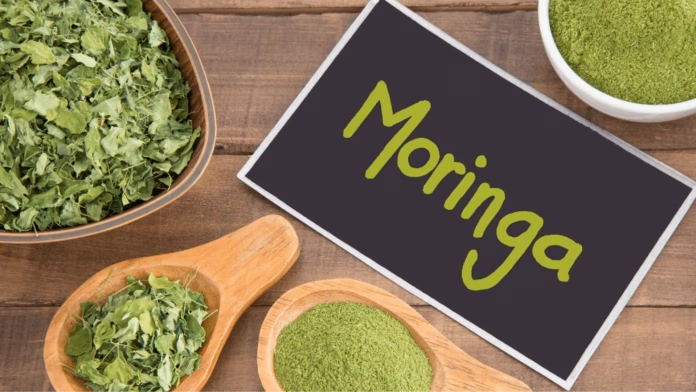Pregnancy is a time when women need to take extra care of their health and be mindful of what they consume. While there are many herbal teas that are safe to consume during pregnancy, there are also those that can be harmful. Moringa-based tea is one such herbal tea that pregnant women should avoid. In this article, we will discuss why pregnant women should not drink Moringa-based tea.
What is Moringa?
Moringa, also known as the drumstick tree or horseradish tree, is a plant native to India, Pakistan, and Nepal. It is a nutrient-dense plant that is widely used for its medicinal properties. Moringa leaves, roots, seeds, and flowers are used in traditional medicine to treat a variety of ailments, including inflammation, high blood pressure, and anemia.
Benefits of Moringa:
Moringa is known for its high nutritional content. It is a rich source of vitamins, minerals, and antioxidants.
The leaves of the Moringa plant are particularly high in vitamin C, vitamin A, calcium, and potassium. Moringa is also known for its anti-inflammatory properties, which can help reduce inflammation in the body and improve overall health.
Additionally, Moringa is believed to boost the immune system, improve digestion, and promote healthy skin.
Risks of consuming moringa during pregnancy:
While Moringa has many health benefits, it is not safe for pregnant women to consume. Here are some of the risks associated with consuming Moringa during pregnancy:
- High levels of Vitamin A:
Moringa is high in vitamin A, which is essential for the growth and development of a fetus. However, consuming too much vitamin A during pregnancy can be harmful.
High levels of vitamin A can cause birth defects, particularly in the brain and spinal cord. Pregnant women should aim to consume no more than 10,000 IU of vitamin A per day. Moringa contains much more than that amount, which is why pregnant women should avoid it.
- Potential for miscarriage:
Moringa has been used traditionally to induce abortion, and there is some evidence to suggest that it can cause miscarriage. While more research is needed to confirm this, pregnant women should err on the side of caution and avoid consuming Moringa.
- Interference with iron absorption:
Iron is an essential nutrient for pregnant women as it helps the fetus develop. However, Moringa contains compounds that can interfere with iron absorption. This can lead to iron-deficiency anemia, which can cause fatigue, weakness, and other health problems.
- Potential for preterm labor:
Moringa has been shown to stimulate contractions in the uterus, which can lead to preterm labor. This is because Moringa contains compounds that can activate oxytocin receptors, which are responsible for triggering contractions. Consuming Moringa during pregnancy can increase the risk of premature birth.
While Moringa has many health benefits, pregnant women should avoid consuming it. The high levels of vitamin A, potential for miscarriage, interference with iron absorption, and potential for preterm labor make it unsafe for pregnant women. It is important for pregnant women to consult with their healthcare provider before consuming any herbal teas or supplements to ensure that they are safe for them and their baby.





